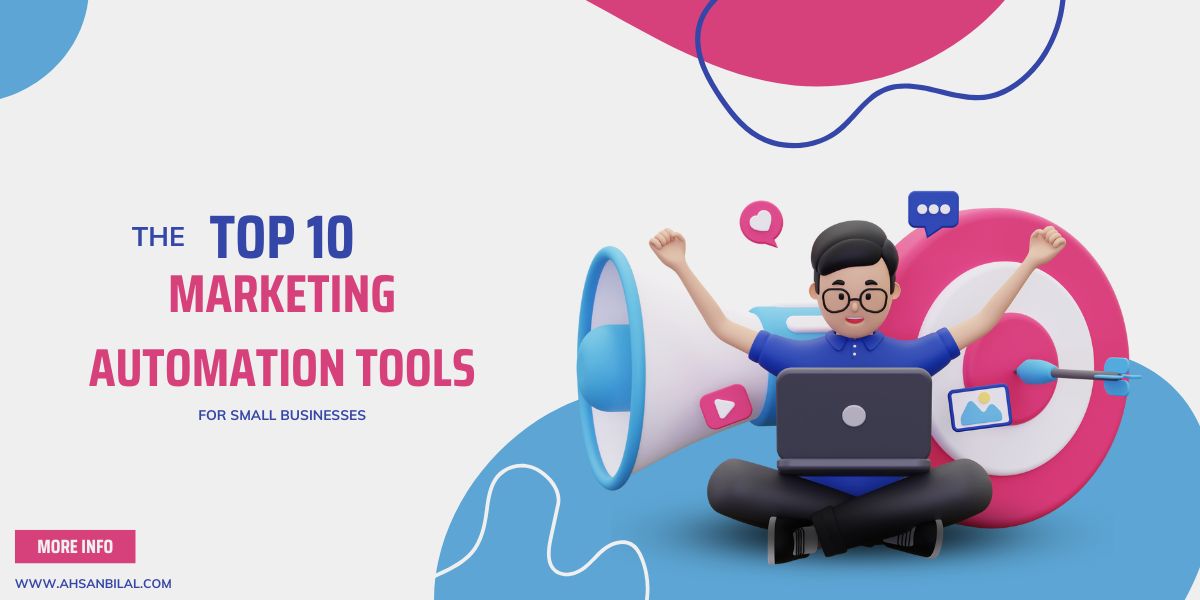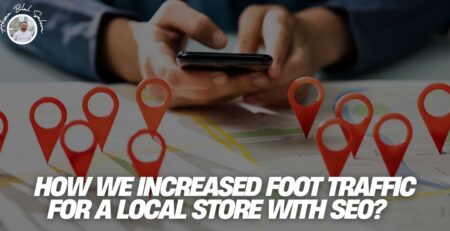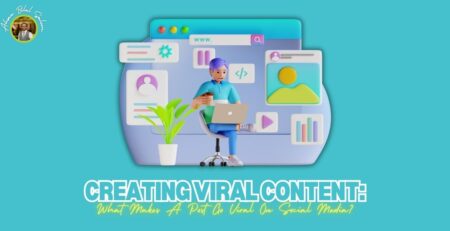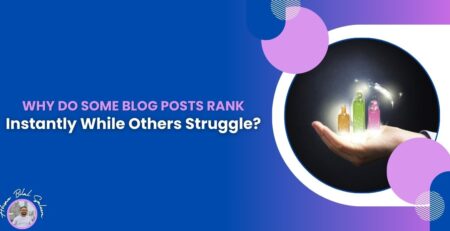The Top 10 Marketing Automation Tools For Small Businesses
Small businesses are increasingly relying on marketing automation to stay competitive. By streamlining marketing tasks, these tools help businesses save time, engage customers, and scale their efforts without a hefty budget. In any case, with such countless choices accessible, how would you pick the right one? Here’s a curated list of the top 10 marketing automation tools tailored for small businesses, each offering unique advantages.
1. HubSpot
HubSpot is an industry leader in marketing automation, known for its comprehensive suite of tools. From email campaigns to CRM, it’s designed to support growing businesses without overwhelming complexity.
Why Choose HubSpot?
- It offers email personalization to engage leads more effectively.
- The built-in CRM ensures seamless lead tracking.
- Its free tier is perfect for startups and small teams testing the waters.
2. ActiveCampaign
If email marketing and sales automation are your priorities, ActiveCampaign is a go-to solution. It excels in creating personalized experiences through its visual workflow builder.
What Makes ActiveCampaign Stand Out?
- Dynamic email content tailored to customer behavior.
- Robust segmentation options for targeted campaigns.
- Affordable plans for small business budgets.
3. Mailchimp
Mailchimp is often the first choice for businesses new to automation. Its intuitive interface and basic automation tools make it easy to create effective email campaigns without technical expertise.
Why Small Businesses Love Mailchimp:
- Drag-and-drop email design simplifies campaign creation.
- Pre-designed templates save time and effort.
- Free plans are available for up to 500 contacts.
4. Zoho CRM Plus
Zoho CRM Plus provides a holistic approach by integrating marketing automation with customer relationship management. It’s ideal for businesses that want an all-in-one platform for customer engagement.
Key Benefits:
- Social media management alongside traditional marketing.
- Real-time analytics for data-driven decisions.
- Highly customizable workflows to fit unique needs.
5. Sendinblue
Sendinblue shines in offering both email and SMS marketing features, making it a versatile tool for businesses with diverse communication strategies.
Unique Features:
- A unified platform for email and SMS campaigns.
- Conditional email administrations for request updates or affirmations.
- Real-time chat options for engaging website visitors instantly.
6. Marketo Engage
Marketo Engage by Adobe is a powerhouse for businesses ready to implement advanced marketing strategies. Its AI-driven tools help optimize campaigns and nurture leads effectively.
Why Consider Marketo?
- AI insights that improve campaign performance.
- Multi-channel marketing support for cohesive campaigns.
- Advanced lead scoring to prioritize high-value prospects.
7. Drip
E-commerce businesses need automation tailored to their needs, and Drip delivers. It simplifies customer journey management while providing tools to increase sales.
What Makes Drip Ideal for E-commerce?
- Personalized product recommendations based on user behavior.
- Consistent combination with famous stages like Shopify.
- Automated email and SMS workflows to boost engagement.
8. GetResponse
GetResponse stands out with its ability to merge email marketing with webinar hosting, providing a unique blend of communication and lead-nurturing capabilities.
Why GetResponse is Unique:
- Create webinars to engage prospects directly.
- Build custom landing pages for specific campaigns.
- Optimize with A/B testing for better results.
9. Pardot
Small B2B businesses benefit immensely from Pardot, a Salesforce product designed to manage complex buyer journeys. It’s an excellent choice for generating and nurturing enterprise-level leads.
Top Features of Pardot:
- Detailed lead scoring and grading for precision targeting.
- Salesforce integration for enhanced functionality.
- Account-based marketing tools to focus on key clients.
10. Keap (formerly Infusionsoft)
Keap is a favorite among small businesses seeking simplicity. It combines marketing, CRM, and task automation into one straightforward platform.
Why Small Businesses Choose Keap:
- Visual sales pipelines for clear tracking.
- Automated follow-ups to save time.
- Built-in appointment scheduling to enhance customer interactions.
How to Pick the Right Tool
When choosing a marketing automation tool, start by evaluating your business needs. Are you looking to automate emails, track leads, or manage social media campaigns? Consider these factors:
- Budget: Look for tools with scalable pricing models.
- Ease of Use: Select platforms with intuitive interfaces to reduce the learning curve.
- Integrations: Ensure compatibility with existing software like CRMs or e-commerce platforms.
- Growth Potential: Choose a tool that can grow alongside your business.
Final Thoughts
Marketing automation is no longer a luxury; it’s a necessity for small businesses aiming to thrive in a competitive market. Whether you’re new to automation or looking to expand your toolkit, these tools offer solutions tailored to different needs and budgets. From the simplicity of Mailchimp to the advanced features of Marketo Engage, there’s an option for every business.
Which of these marketing automation tools aligns with your goals? Share your thoughts in the comments and let us know your experience with marketing automation!










